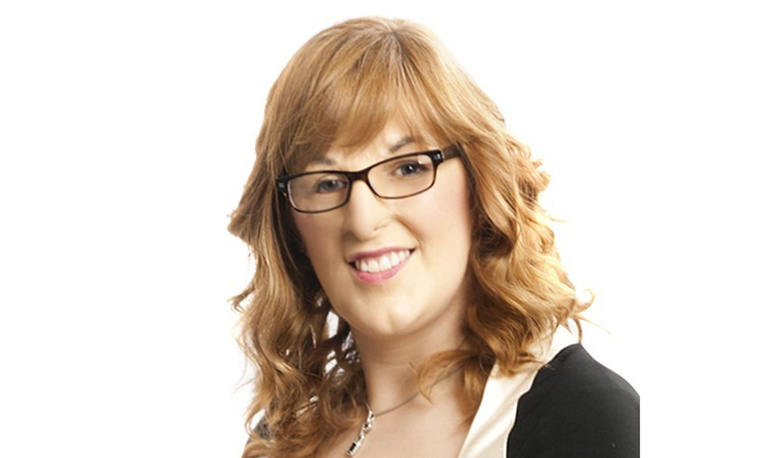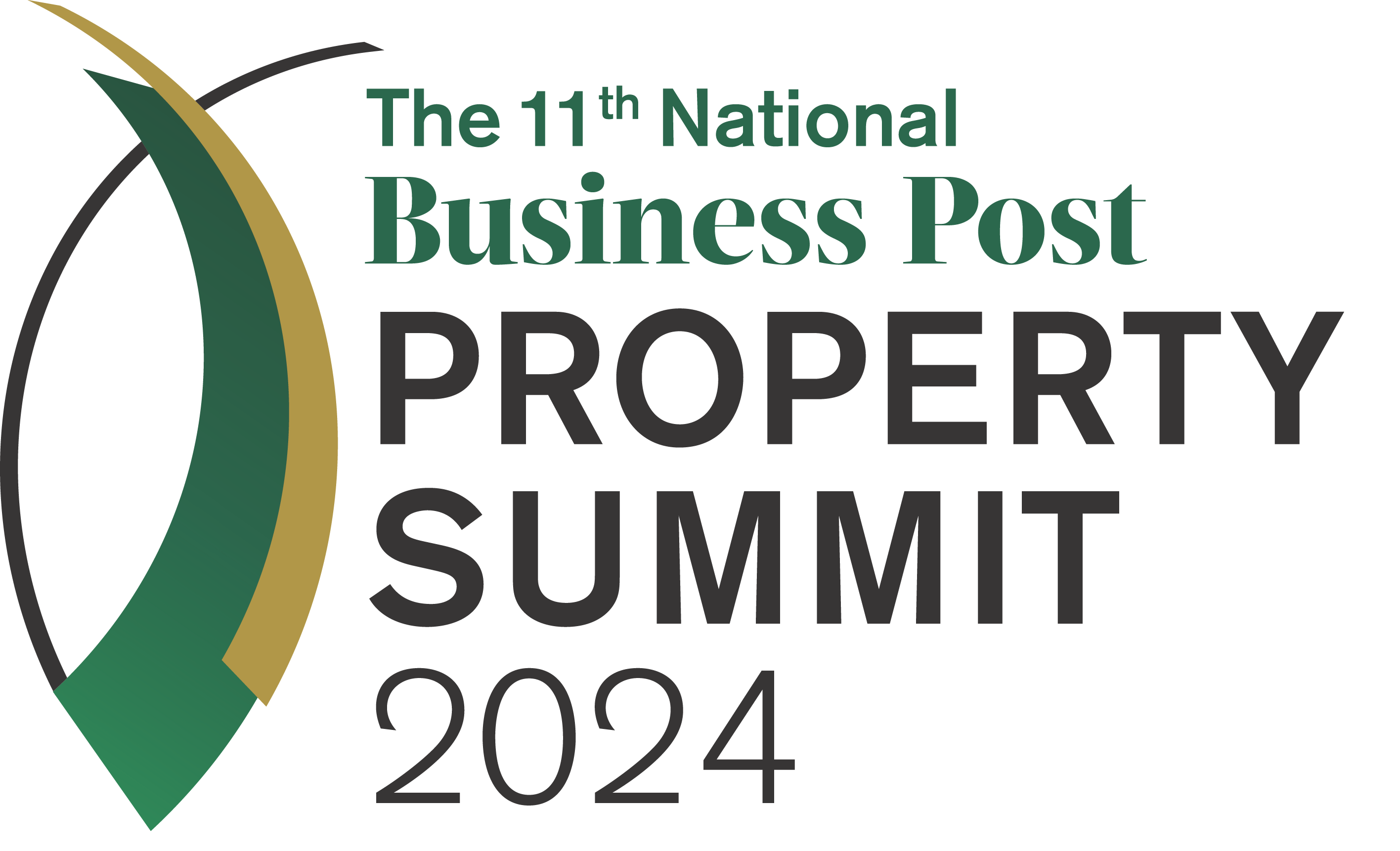
What’s your name and what position do you hold?
Carol Tallon: I am currently the CEO of industry communications agency, Property District.
What are your day to day responsibilities?
While our core business is strategic communications for the built environment (PR, new/social media and public consultation), we are heavily involved in supporting the proptech sector through our catalyst team at Proptech Ireland (www.prop-tech.ie).
My day to day role is a varied one as – together with the Property District team – I still ghost-write much of the industry content that is published, which involves a huge amount of research. As a niche agency, our clients are spread across the planning, construction, engineering, property and proptech sectors, which affords us the opportunity to work on significant industry challenges from several different perspectives. It’s a great learning experience.
Also, since early 2019, I have hosted ‘Property Matters’, Ireland’s weekly radio show for the property industry, on Dublin South FM and iPropertyRadio.com.
What is your professional background?
For the past 15 years I have worked across the planning, construction and property sectors. Academically, my primary degree is in Law & Business, however, I am passionate about learning and undertake structured courses most years. Having studied Psychology several years ago, I am currently undertaking a qualification in Mediation, which is helpful for my stakeholder engagement work with government agencies, industry representative bodies, property developers, construction contractors, auctioneering firms and media outlets. At its core, my work is about understanding the priorities of people and organisations in order to move them in the right direction. Inevitably, this involves human cooperation, which is genuinely fascinating work.
We could see significant changes in the design and construction of buildings post-pandemic. What do you anticipate will be priorities for owners and tenants?
From speaking to our clients here in Ireland, and to our industry counterparts outside of Ireland, we know that making workspaces safe is the immediate priority. Interestingly, it is not enough just to make these safe, building owners/occupiers must be able to demonstrate to their teams that the building is safe. This involves transparency, great communication, and the use of smart building technologies that monitor important metrics, including air quality, and makes that data available to occupants in real time.
Once people feel safe, the priority will then shift to the space – how is it being used, when is it being used and by whom? Flexibility is key. Space that is not capable of being adapted to suit a ‘flex first’ model of use will likely see value decrease.
Has the volatility sparked by the pandemic led to an acceleration of already existing real estate trends?
I am genuinely concerned about the rhetoric that the pandemic is merely accelerating trends that were already in play. Whilst there is a large element of truth to this, it paints an incomplete picture. The reality is that the impact of Covid-19 is not comparable to previous downturns. Accordingly, traditional industry firms that treat this recovery as a repeat of what the market experienced a decade ago will struggle. Industry laggards are finally adopting technology that has been on offer for years, and this is reinforcing the rhetoric of an acceleration of trends, however, looking well ahead of the curve, this pandemic is sparking entirely new trends that will open up a world of potential for real estate futurists.
Will certain traditional property strategies require a rethink? Which, if any, real estate sectors run the risk of becoming obsolete?
It would be naive and unhelpful to allow the real estate industry to think that once a vaccine is available, we can continue with ‘business as usual’. That manner of thinking will render any business, in any sector, at risk of becoming obsolete. A recent Expleo survey found that one third of businesses in Ireland that fail to digitally transform, will cease to exist by 2025. That’s a battle cry the construction and property industries need to hear and act on.
The biggest challenges generally give rise to the biggest opportunities, for example, property developers are finding hotel development unfeasible in the current market, with co-living being rejected by policy-makers, I expect to see innovative new business models in this space very quickly. Similarly, with office space, I personally believe that headquarter-type offices will remain, albeit changed in design and usage.
Where are the opportunities / risks?
Every successful innovation ends an old way of doing things. Destruction is an essential part of creation. While the risks are loud, there has truly never been a better time to innovate in this industry – in fact, TechCrunch recently hailed this as the best time in history to start a proptech company! And there is a simple reason for this, real estate is one of the world’s largest industries, attracting the largest value of investment and yet, its tech adoption is well below that of comparable industries. This makes digitization across urban planning, construction, real estate and building lifecycle is not just possible, but utterly predictable; you could bet on it – and probably should! The scope for identifying inefficiencies is immense. The waste across the built environment is also immense.
How do you think Covid19 will affect the market going into 2021? What lasting impact do you see on the real estate sector?
In terms of lasting impact, the real estate industry is finally understanding and accepting that value is created through service, not space. And while this is not historically a data-driven industry (with much of the data being collected over the past few years through the proliferation of IoT sensors largely ignored) this is changing, at speed. It was interesting (unexpected?) to see insights from the annual Emerging Trends in Real Estate Europe report that was published earlier this week by the Urban Land Institute and PwC, which indicate that ESG, or Environmental, Social and Governance strategies have actually gained more interest on foot of the pandemic. That is hugely positive.
We need to develop new processes across the entire built environment – from planning and funding, right through to construction and building lifecycle – that are data-led, with a greater use of technology and less political and vested-interests interference. Proptech is not just a facilitator of this, it is a transformative driving force.
Carol Tallon is speaking at The Business Post’s 2020 Property Summit on Dec 9th. Visit www.propertysummit.ie for details and bookings.
